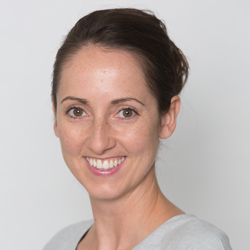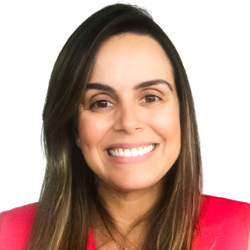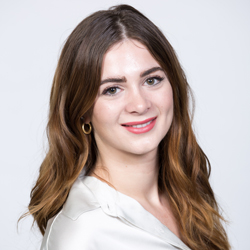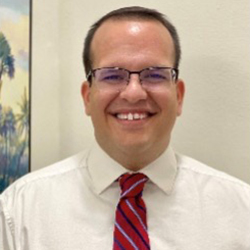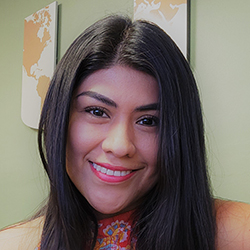- Accessibility Options:
- Skip to Content
- Skip to Search
- Skip to footer
- Office of Disability Services
- Request Assistance
- 305-284-2374
- Display:
- Default
- High Contrast
- Apply
- About UM
-
Schools
- School of Architecture
- College of Arts and Sciences
- Miami Herbert Business School
- School of Communication
- School of Education and Human Development
- College of Engineering
- School of Law
- Rosenstiel School of Marine, Atmospheric, and Earth Science
- Miller School of Medicine
- Frost School of Music
- School of Nursing and Health Studies
- The Graduate School
- Division of Continuing and International Education
- Alumni
- Roadmap
- General LL.M. - U.S. and Transnational Law for Foreign-Trained Lawyers
- Entertainment, Arts and Sports Law LL.M.
- Heckerling Graduate Program in Estate Planning LL.M.
- White & Case International Arbitration LL.M.
- International Law LL.M.
- Maritime Law LL.M.
- Robert Traurig-Greenberg Traurig LL.M. in Real Property Development
- Taxation LL.M.
- Taxation of Cross-Border Investment LL.M.
- Intensive Legal English + LL.M.
- Information for Foreign-Trained Lawyers
- General LL.M. - U.S. and Transnational Law for Foreign-Trained Lawyers
- Entertainment, Arts and Sports Law LL.M.
- Heckerling Graduate Program in Estate Planning LL.M.
- White & Case International Arbitration LL.M.
- International Law LL.M.
- Maritime Law LL.M.
- Robert Traurig-Greenberg Traurig LL.M. in Real Property Development
- Taxation LL.M.
- Taxation of Cross-Border Investment LL.M.
- Intensive Legal English + LL.M.
- Information for Foreign-Trained Lawyers
Contact Us




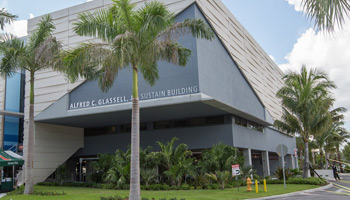 The Marine Technology Life Sciences Seawater Complex at RSMAS is comprised of two connected buildings - one focuses on hurricane science and the other on marine research. The Alfred C. Glassell, Jr. SUSTAIN Building (SUrge-STructure-Atmosphere INteraction) houses the world’s largest hurricane simulator.
The Marine Technology Life Sciences Seawater Complex at RSMAS is comprised of two connected buildings - one focuses on hurricane science and the other on marine research. The Alfred C. Glassell, Jr. SUSTAIN Building (SUrge-STructure-Atmosphere INteraction) houses the world’s largest hurricane simulator.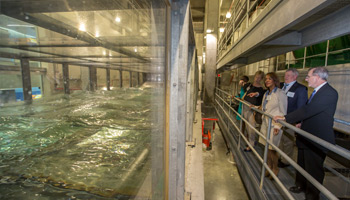 This hurricane simulator is a wind and wave machine that resembles a giant tank, without the fish, and helps better understand the physics of storm strength, and how the warmth of the ocean powers a hurricane and causes damage to homes and buildings.
This hurricane simulator is a wind and wave machine that resembles a giant tank, without the fish, and helps better understand the physics of storm strength, and how the warmth of the ocean powers a hurricane and causes damage to homes and buildings.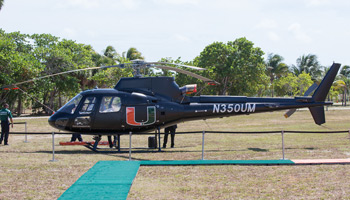 The Rosenstiel School also owns a
The Rosenstiel School also owns a 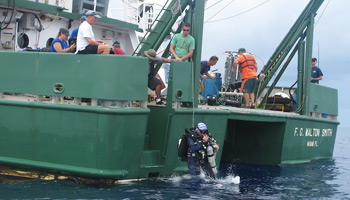 This UM ship, also at The Rosenstiel School, can cruise on shallow waters enabling exploration of reefs, mangroves, grassbeds, and other shallow environments. The F.G. Walton Smith vessel can hold 20 people, has ten staterooms, and encompasses 800 square feet of laboratory space and 800 square feet of multi-use space.
This UM ship, also at The Rosenstiel School, can cruise on shallow waters enabling exploration of reefs, mangroves, grassbeds, and other shallow environments. The F.G. Walton Smith vessel can hold 20 people, has ten staterooms, and encompasses 800 square feet of laboratory space and 800 square feet of multi-use space.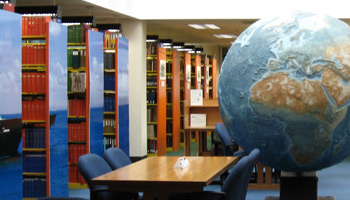 One of the foremost marine science libraries in the United States, the Rosenstiel School of Marine and Atmospheric Science Library holds more than 85,000 volumes, including over 300 atlases and 1,500 maps and nautical charts. It also includes an extensive Caribbean and Latin American collection, a museum with one of the world's most comprehensive collections – 400,000 specimens - of invertebrate tropical marine life.
One of the foremost marine science libraries in the United States, the Rosenstiel School of Marine and Atmospheric Science Library holds more than 85,000 volumes, including over 300 atlases and 1,500 maps and nautical charts. It also includes an extensive Caribbean and Latin American collection, a museum with one of the world's most comprehensive collections – 400,000 specimens - of invertebrate tropical marine life.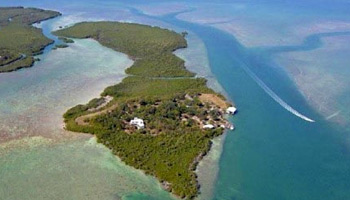 The School also operates a 78-acre advanced satellite reception and analysis center - Broad Key Research Station - in southern Miami-Dade County off the coast of Key Largo, FL, providing direct access to conduct marine research in the sub-tropical Florida Keys. Here students use low earth-orbiting satellite systems to access direct data for environmental monitoring of the Gulf of Mexico, Southeastern United States, northern South America, Central America, and the Caribbean Basin.
The School also operates a 78-acre advanced satellite reception and analysis center - Broad Key Research Station - in southern Miami-Dade County off the coast of Key Largo, FL, providing direct access to conduct marine research in the sub-tropical Florida Keys. Here students use low earth-orbiting satellite systems to access direct data for environmental monitoring of the Gulf of Mexico, Southeastern United States, northern South America, Central America, and the Caribbean Basin.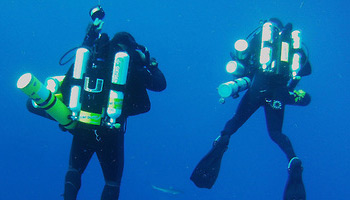 The UM Dive Office and Scientific Diving Program supports students doing research in Conservation, Marine Affairs, Archaeology, Biology, Chemistry, and Geology. Project locations include local reefs, Florida Keys, Dry Tortugas, Little Salt Spring (West-Central Florida), U.S. Virgin Islands, Cayman Islands, Galapagos, Dominican Republic, French Polynesia, Panama, and Australia. This office offers diving techniques (Nitrox, trimix, double tanks, staged decompression, surface supplied diving, diver propulsion vehicles, and closed-circuit rebreathers) and the latest techniques, technologies, support, and training while maintaining the highest standards of safety.
The UM Dive Office and Scientific Diving Program supports students doing research in Conservation, Marine Affairs, Archaeology, Biology, Chemistry, and Geology. Project locations include local reefs, Florida Keys, Dry Tortugas, Little Salt Spring (West-Central Florida), U.S. Virgin Islands, Cayman Islands, Galapagos, Dominican Republic, French Polynesia, Panama, and Australia. This office offers diving techniques (Nitrox, trimix, double tanks, staged decompression, surface supplied diving, diver propulsion vehicles, and closed-circuit rebreathers) and the latest techniques, technologies, support, and training while maintaining the highest standards of safety.